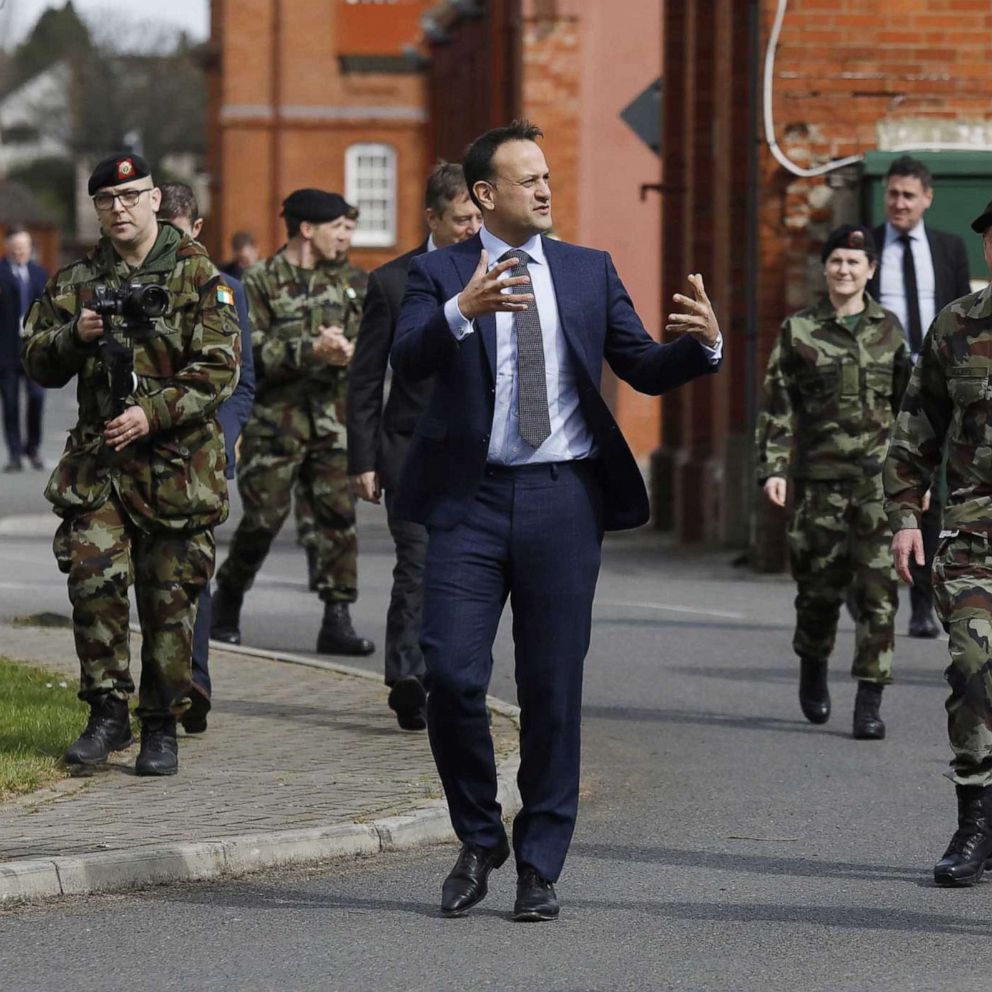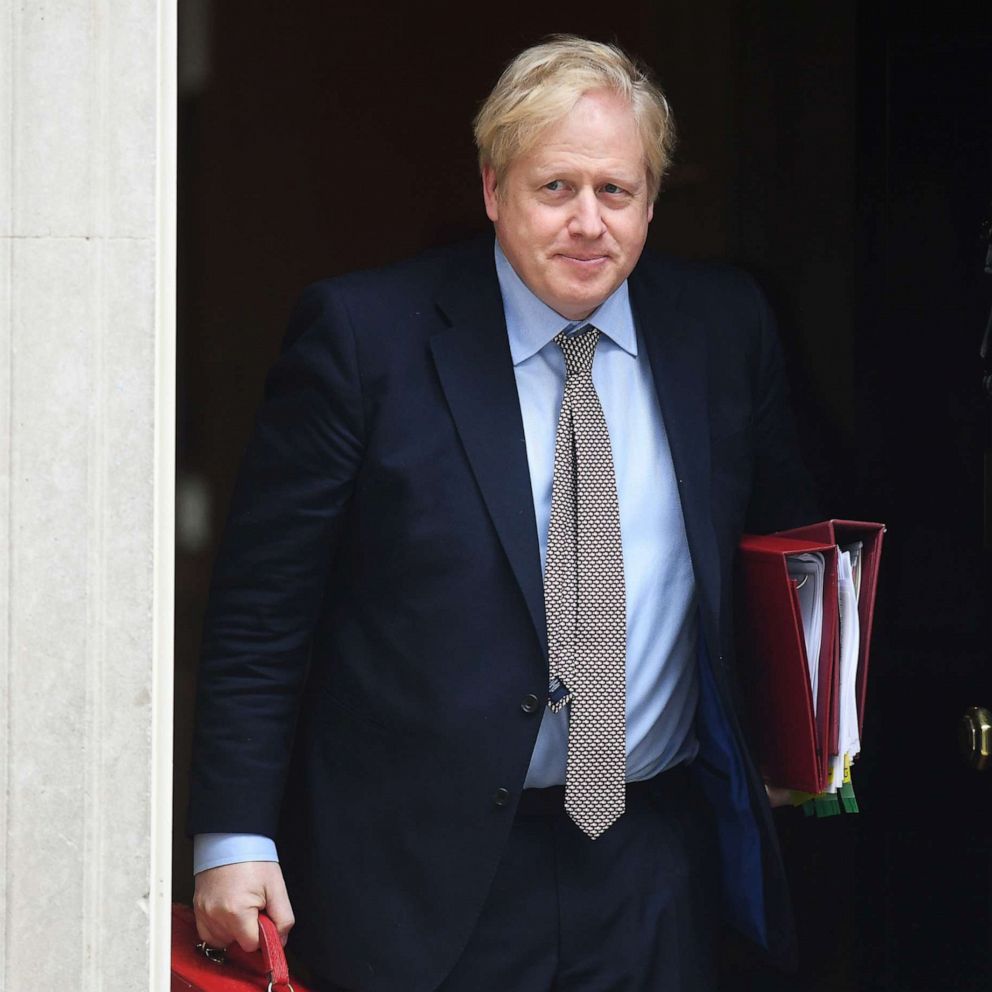Island tests COVID-19 tracking app: 'If you were in my shoes you’d get that app,' says health care worker
Health care workers in the U.K. are begging everyone to sign up.
On a sleepy vacation island off the coast of England, researchers are testing out new technology that some say could stop this pandemic in its tracks.
The British version of a much-debated contact tracing software app launched on the Isle of Wight on Thursday and is expected to roll across the U.K. in the next few weeks.
The app uses your phone's Bluetooth to form an "electronic handshake" with others around you. It then alerts you if you came into contact with someone who tested positive for COVID-19.
Depending on who you ask -- the app is either the only solution to opening back up the world's economy or a gateway for hackers to steal our information.
Isle of Wight locals seemed eager to sign up for the app.
"My son signed me up," Nick Roberts told ABC News. He owns Pascall Atkey -- the oldest sailing shop in the U.K. and a place that's normally a tourist magnet. He said this summer "is going to be terrible for us" but he's hopeful this new app will help open back up the island.
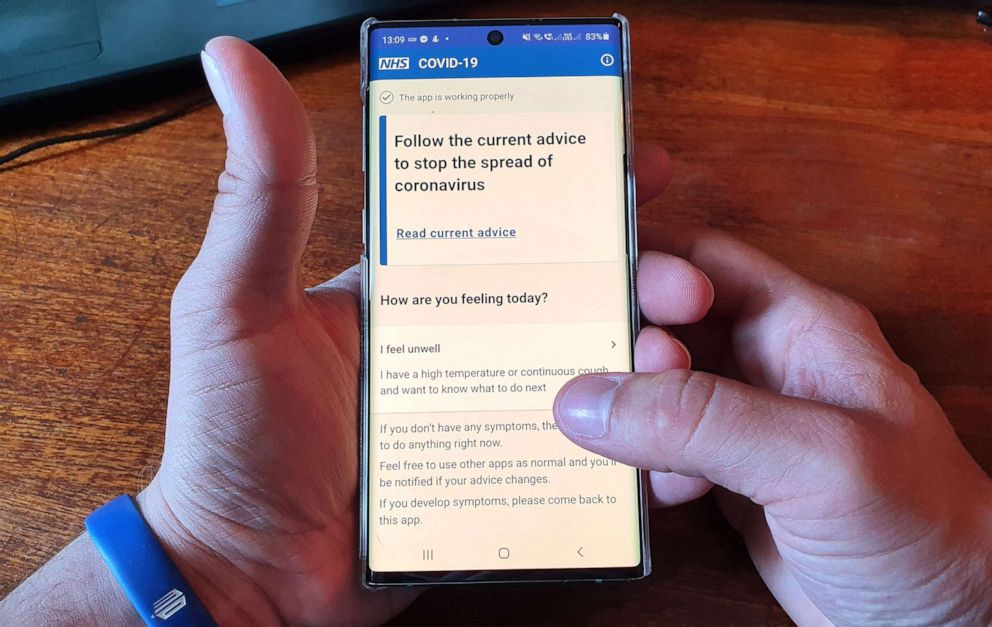
For some health care workers on the island, the app isn't only about the freedom of opening back up -- it's about saving lives. Stuart Browne is a physiotherapist who has been working with acute COVID-19 patients on the front lines. He described the devastation.
"People can't get the picture we get, but if you were in my shoes you'd get that app," he said.
Michele Legg, a general practitioner and hospital administrator who has lived on the Isle of Wight her whole life, said she signed up for the app as soon as she could. She called the rollout "a historic moment for the island."
"We're privileged, I hope they roll it out across the country," Legg said.
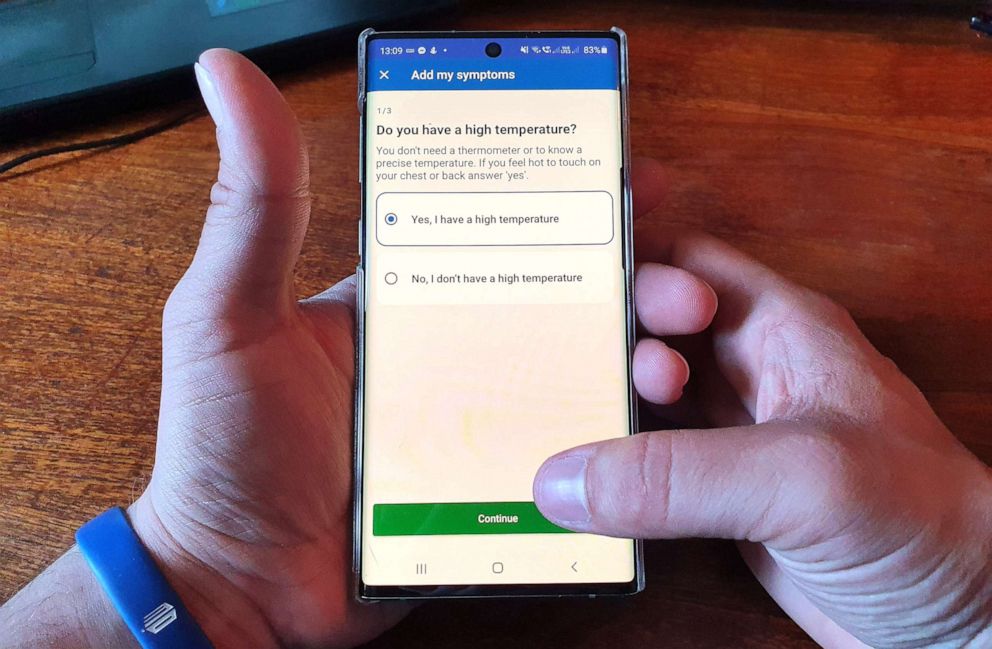
The U.K. government says the plan is to start small on the Isle of Wight, seen as a near-perfect test case. Everyone has to take a ferry to get on and off the island. The population of 140,000 remains relatively self-contained, and just the right size to be manageable while still large enough to provide a good sample size.
Local Member of Parliament Bob Seely was eager to launch on the island. "We want to help lead England out of this conundrum," he said.
There have already been some glitches along the way -- early reports that older models of phones didn't support the app, criticism against how the government is storing the data, questions over how the older population will get access if they don't have phones, and speculation that few people will sign up for the voluntary app.
But Seely said it's the island's job to test what works and doesn't work, and it's the job of engineers to fix those problems and fine tune the algorithm before the app is launched across the country.
He said that in the first three hours of the app's launch, more than 30,000 residents had already signed up for the app. He said he was confident by the weekend that number would rise to 60 or 70,000. And in just those first few hours, he said 19 people have already reported symptoms.
"We're up and running," he said.
Scientists say digital contact tracing is needed technology to track cases because the virus is moving faster than traditional contact tracing can keep up with.
Professor Michael Parker is a bioethicist at Oxford University's big data center and helped develop the app. He said we must all come together to solve this crisis -- but he calls the lockdown a blunt approach while a contract tracing app is an "intelligent approach."
Parker said the app is meant to be used with traditional tracing in high vulnerability areas, widespread testing and social distancing behaviors. While he said he would love to see 50 - 60% of the population sign up for maximum efficiency, "every person who downloads it makes a difference … for every person who downloads it, it means there is one less infection," he said.
The current app in the U.K. was developed by NHSX -- the digital arm of the county's state health care. Developers say all data is anonymous and will be stored centrally. This means the data of the de-anonymized identity of someone who is infected and also the IDs of all those with whom the infected person has been in contact with would be stored in a central location by the government. However, many privacy and security specialists are concerned this method could lead to a form of surveillance.
More than 170 of the U.K.'s top cyber security specialists and researchers signed an open letter voicing concern over what they claim is the government's lack of transparency and the threat of "mission creep." The letter demands that any digital solution in the fight against COVID-19 must be analyzed by security and privacy specialists.
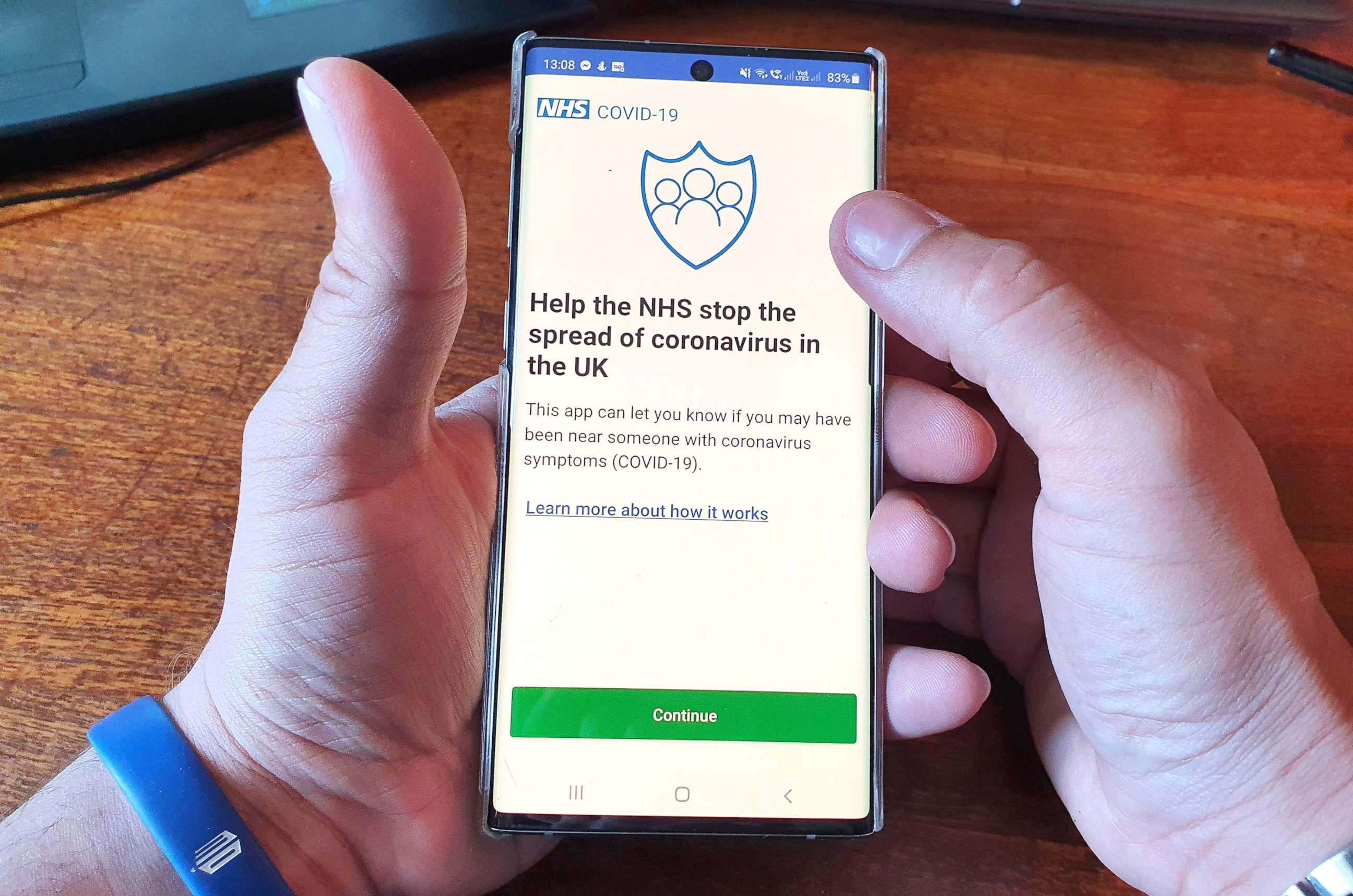
Eerke Boiten, a professor of cyber security at De Montfort University, signed that letter. He said that using technology to help COVID-19 is a great idea, but said that he's "not sure the U.K. version of it is the best possible option."
"Privacy is a public good as well. We as a society live by our liberty … the more surveillance is introduced the more we have to be guarded about what we do, who we associate with, and that in the end undermines the health of society as a whole," said Boiten.
Normally, this new app would undergo an impact assessment for security and privacy, Boiten said. He claimed that assessment has not been made public yet, and he's shocked that despite this lack of transparency the government has gone ahead and began testing on the Isle of Wight. He acknowledged the need to provide scientists with data to fight the virus but said it shouldn't come at the expense of privacy, and that "the balancing of these things need to be made in the open in a democratic society not in a vacuum.
As of now, apps like this one in the U.K. and others proposed in the U.S. are voluntary. The more people that sign up the better, and anything over 50% carries exponential benefits, scientist say.
What to know about coronavirus:
- How it started and how to protect yourself: Coronavirus explained
- What to do if you have symptoms: Coronavirus symptoms
- Tracking the spread in the U.S. and worldwide: Coronavirus map
But questions remain over security, efficiency and lack of transparency -- as well as over exactly how many people will actually opt in.
"I understand some of those concerns but we have a responsibility as a society to help each other -- we see how hard it is for people suffering I acknowledge the concerns but this is just collecting simple data and if it helps it's a good thing," Browne said.
ABC News' Jamie Baker contributed to this report.
